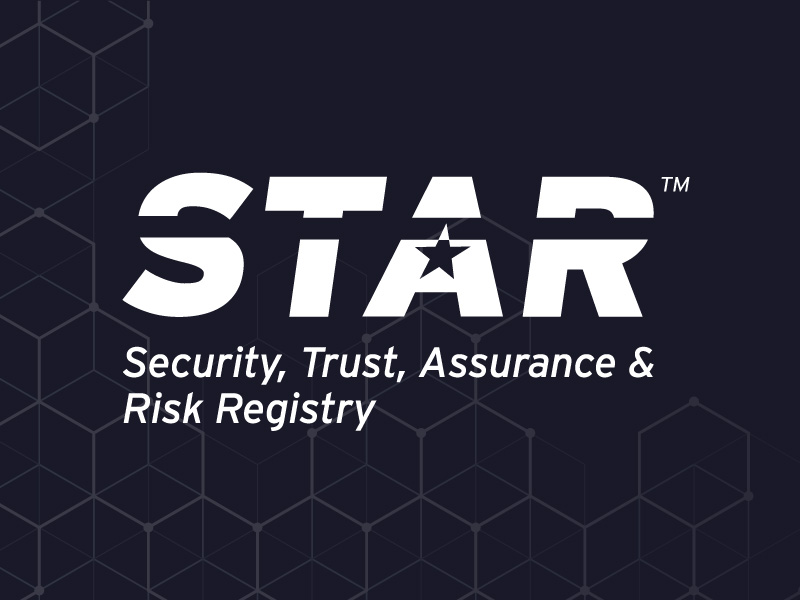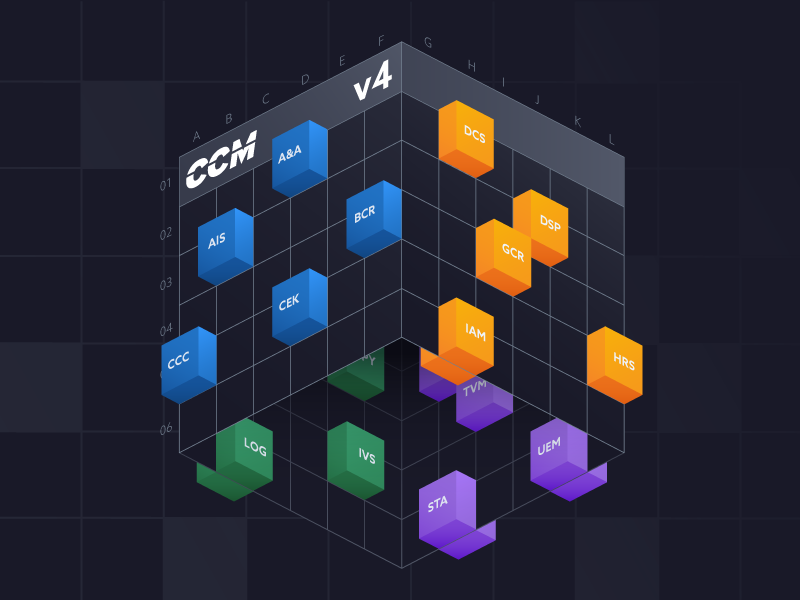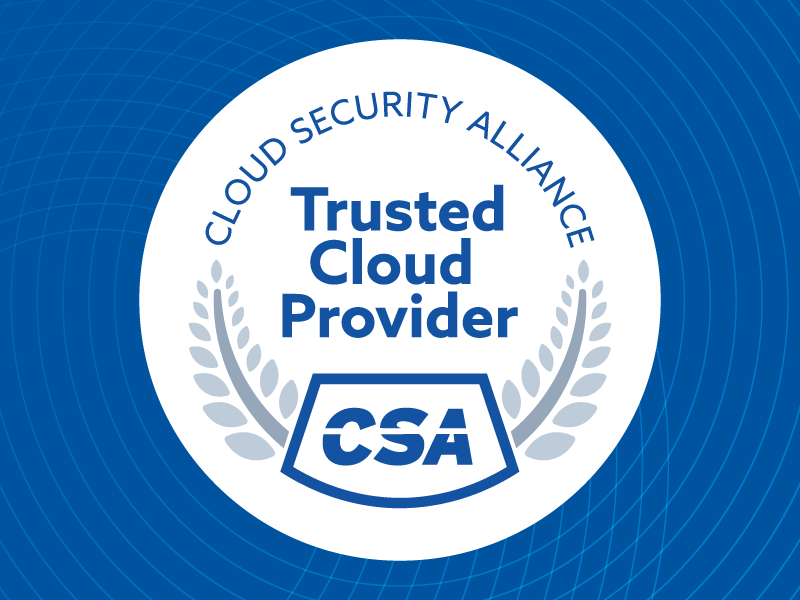Why EU Cybersecurity Compliance is the New Competitive Advantage
Published 07/09/2025
Originally published by Scrut Automation.
Written by Kush Kaushik.
Cybercrime in Europe is evolving fast, and so must compliance.
The European Union is no stranger to the rising tide of cyberattacks. From phishing campaigns to ransomware, the frequency and sophistication of threats have outpaced the preparedness of many organizations. In fact, a recent Cloudflare study revealed that 40% of European organizations experienced a cybersecurity incident in the past year, and 16% were attacked every 6 to 11 days.
Yet here’s the more sobering statistic: Only 29% feel highly prepared for the next wave.
This mismatch between risk and readiness is exactly why the EU has taken a bold, proactive stance with one of the world’s most comprehensive regulatory frameworks for cybersecurity and data protection. Compliance is no longer just a legal obligation for organizations operating in or doing business with the EU. It’s a strategic imperative.
The Evolving Threat Landscape in the EU
Cybercriminals today aren’t just chasing quick paydays. Many modern attacks are designed to infiltrate networks silently—stealing credentials, planting spyware, or compromising email systems to orchestrate large-scale fraud.
Highly regulated sectors like healthcare and education remain particularly vulnerable due to legacy systems and constrained security budgets. Meanwhile, IT, financial services, and retail have begun to lead the way in building cyber resilience—but even there, confidence can be fragile.
Why EU Cyber Regulations Matter More Than Ever

For years, cybersecurity compliance was seen as a back-office necessity—an obligation to check off to avoid fines or scrutiny. But that mindset no longer holds in today’s high-stakes environment. In the EU, compliance has emerged as a strategic lever—one that shapes reputation, resilience, and readiness for the digital future.
Regulation as a Signal of Responsibility
At its core, EU regulation is not just about restriction. It’s about responsibility. The frameworks being implemented—GDPR, NIS2, the Cyber Resilience Act—are designed not simply to enforce controls, but to embed accountability into the digital DNA of every organization that touches European data or infrastructure. And in a world where trust is both currency and competitive edge, that accountability matters more than ever.
Trust Is the Real ROI
Legal penalties for non-compliance still exist, and they’re not trivial. But the real cost of falling behind in this landscape isn’t just financial—it’s reputational. With buyers, investors, and partners increasingly scrutinizing cybersecurity posture as a factor in decision-making, the ability to demonstrate strong compliance practices becomes a mark of credibility. It tells the market: We take security seriously, and we’re built for the long term.
Early Compliance Is a Growth Strategy
This shift is especially consequential for startups and scaleups entering EU markets. For them, early investment in compliance isn’t overhead—it’s opportunity. It opens doors to enterprise partnerships, accelerates procurement cycles, and builds confidence with regulators before problems arise. In contrast, treating compliance as a secondary concern risks being locked out of the very markets you’re trying to scale into.
Resilience by Design
Perhaps most importantly, these regulations are forcing organizations to think beyond reactive security. EU mandates around incident response, third-party risk, and secure-by-design development are nudging the entire ecosystem toward operational resilience—an approach where controls, communication, and continuity plans are not siloed functions, but integrated capabilities.
Compliance as a Competitive Signal
Whether you’re based in Europe or simply doing business there, compliance with EU cybersecurity regulation is no longer a checkbox—it’s a signal. A signal that your organization is equipped not just to survive the next wave of threats but to lead in a digital economy where security and trust are intertwined.
Final Thoughts: Compliance as a Catalyst for Trust
Cybersecurity compliance in the EU is not just about ticking boxes. It’s about earning and maintaining trust across borders, sectors, and technologies.
For organizations willing to invest in compliance early and seriously, the payoff isn’t just regulatory peace of mind. It’s market differentiation, customer loyalty, and a future-proofed business.
As the digital battlefield expands, the organizations that thrive will not be the ones with the most tools but the ones with the most accountability.
In the EU, compliance isn’t a constraint. It’s a competitive advantage.
Unlock Cloud Security Insights
Subscribe to our newsletter for the latest expert trends and updates
Related Articles:
The First Question Security Should Ask on AI Projects
Published: 01/09/2026
How to Build a Trustworthy AI Governance Roadmap Aligned with ISO 42001
Published: 01/07/2026
AAGATE: A NIST AI RMF-Aligned Governance Platform for Agentic AI
Published: 12/22/2025







.jpeg)
.jpeg)
.jpeg)